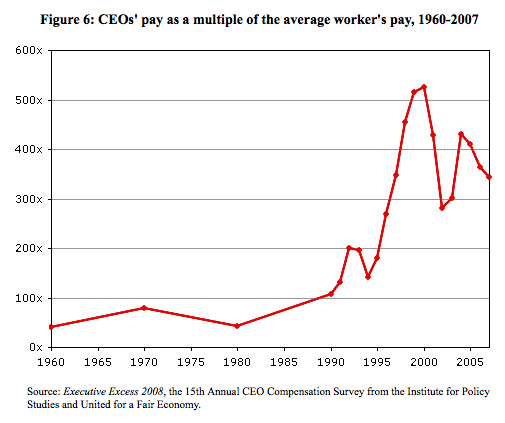I'm the
complete dickcheese! See we can be
sarcastic a-hole libertarians that don't understand economics on the Internet!!
Fixed that last mistake for you gratis.
If you want to complain about bailouts look at the auto sector and detroit auto makers. That was a clear case of good money thrown at bad. By October 2010, the bank portion of the TARP was seeing a ROI of 8.2%. By March 2011, the treasury was expecting to actually profit by $20 billion on its investment of $245 billion
"The transfers to the Troubled Asset Relief Program will push recoveries from banks to $251 billion in repayments of capital, dividends, interest and other income. It invested $245 billion in banks during the financial crisis to help avert a U.S. financial system collapse."
http://www.reuters.com/article/2011/03/30/us-usa-treasury-banks-idUSTRE72S7Q120110330
Finally, in your position, what would you do? Let the banks fail because of lack of liquidity or inject much needed cash to keep the operations going? I would have loved to see what the crisis would have looked like had major banks actually collapsed and taken much of their assets with them. There was no easy solution, but it was the best one.





